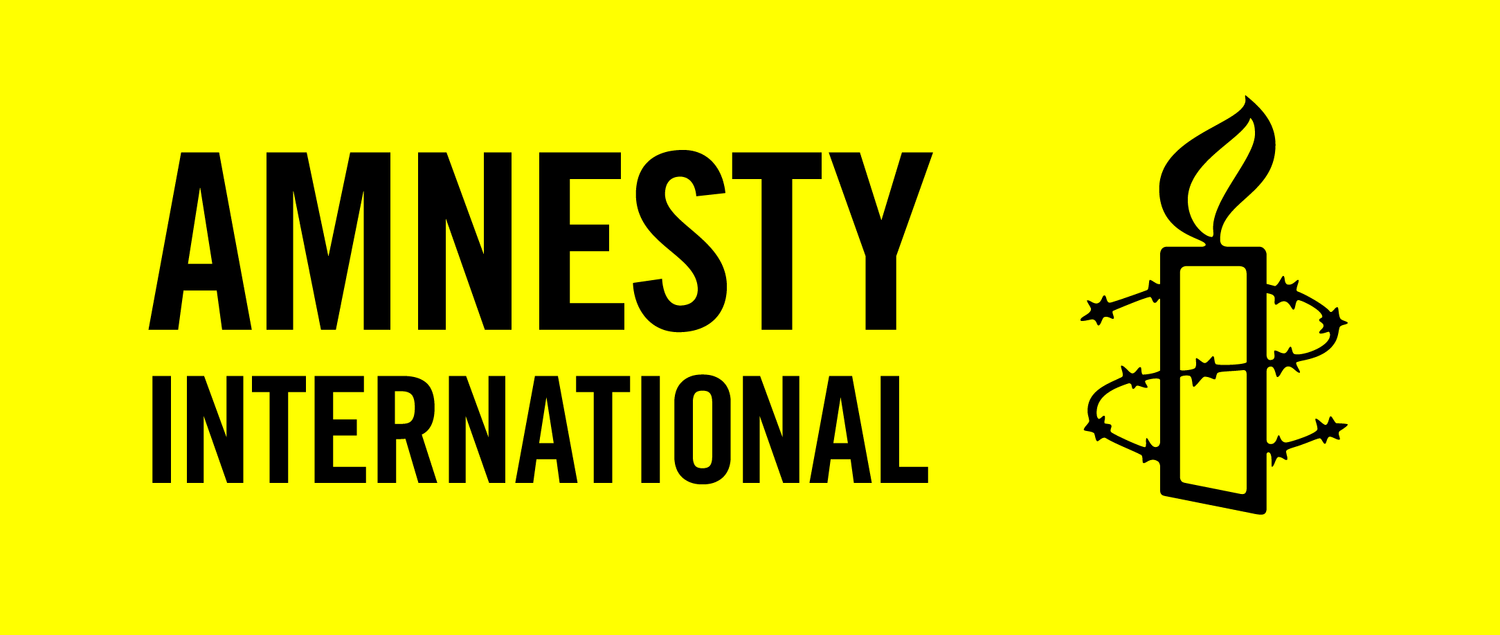Amnesty International is a movement of people fighting for human rights change. At the core of this movement are our volunteer leaders taking democratically elected roles in our entity Boards.
The advice and support provided by entity Boards are crucial to our movement’s objectives.
This means that preparing our people to take on the responsibility to become Board members is key to strengthen our movement and our entity’s leadership. In order to be an effective Board leader, candidates running for these posts should fully understand the role and responsibilities, the required skills and competencies of a Board member. Therefore, to move towards more effective and sustainable approaches to Board leadership, it is crucial to invest in preparing our people for leadership before they confirm their interest in taking a leadership role.
Amnesty Boards might take on this process through a Nominations Committee, or by having initiatives around Leadership Development for their membership:
Nomination Committees
Typically, Nomination Committees are composed of a group of existing board members who are tasked with advertising leadership roles, explaining the main responsibilities of these and seeking out appropriately qualified candidates for the board and other entity committee positions. To do this, the committee uses various approaches to engage the membership. They might set up networking events or communications channels with members and activists to promote the personal and professional benefits of moving into a leadership position. They might also develop in the role application a skills matrix to evaluate the competencies of potential candidates (particularly if there is a skill-gap in the current board composition) or produce guidelines on what is involved in becoming a board member. These initiatives are aimed to better inform the membership in advance of nomination and election time aligned with the entity's Annual General Meeting.
See Resources for tools about Nomination Committees.
Leadership Development Initiatives
Typically, organised and led by current board members, which may include Nominations Committee members, Leadership Development initiatives can be formal or informal. Their main objective is to ensure the cultivation of a diverse pool of emerging leaders on an on-going basis. Key initiatives would include activates around proactive identification of potential leaders from diverse backgrounds (members, activists, supporters, university students, civil society, partner organisations etc.), the provision of training opportunities, coaching or mentoring, hosting networking events, and interactive communication channels that focus on connecting board members to those considering moving into a leadership role.
Leadership Development Initiatives are important to consider both at the beginning of the leadership cycle identifying emerging leaders, as well as the time of leadership renewal. Departing leaders could prove a great resource to speak to the membership about their experiences. This has multiple benefits including the continuity of leadership knowledge and experience and it makes the departing person feel valued and part of the on-going life of the entity. This opens an opportunity for the membership to ask specific questions about 'life as a board member', and encourages innovation, learning, and reflection on board governance processes and procedures.







